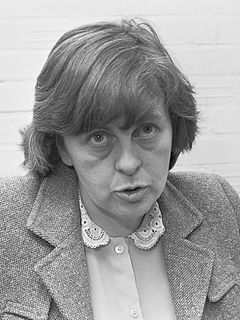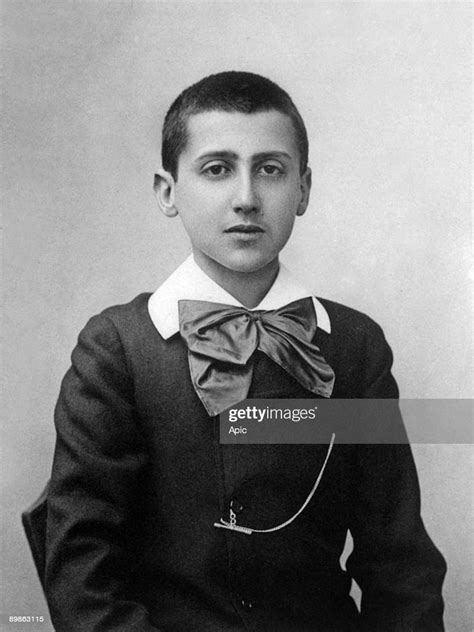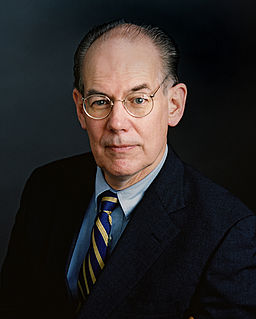A Quote by Michael Dirda
Throughout the European Middle Ages and Renaissance, Latin was the language of learning and international communication. But in the early modern period, it was gradually displaced by French. By the eighteenth century, all the world - or at least all of Europe - aspired to be Parisian.
Related Quotes
In western civilization, the period ruled by mysticism is known as the 'Dark Ages' and the 'Middle Ages'. I will assume that you know the nature of that period and the state of human existence in those ages. The Renaissance broke the rules of the mystics. "Renaissance" means the "rebirth". Few people today will care to remind you that it was a rebirth of reason - of man's mind.
Should an anthropologist or a sociologist be looking for a bizarre society to study, I would suggest he come to Ulster. It is one of Europe's oddest countries. Here, in the middle of the twentieth century, with modern technology transforming everybody's lives, you find a medieval mentality that is being dragged painfully into the eighteenth century by some forward-looking people.
In fact, for a period stretching over seven hundred years, the international language of science was Arabic. For this was the language of the Qur'an, the holy book of Islam, and thus the official language of the vast Islamic Empire that, by the early eighth century CE, stretched from India to Spain.
I have been interested in the 12th century since my 20s when it was very fashionable to say of anybody with whom you disagreed, which was basically anybody over the age of 30, "One of the great minds of the 12th century", and one day I thought, "I don't know anything about the 12 century." So I started buying books, reading about it, and I discovered it was a period of great flowering, it was a Renaissance before what we think is the Renaissance, the Italian Renaissance of the 16th century.
One of the most persistent fallacies about the Christian Church is that it kept learning alive during the Dark and Middle Ages. What the Church did was to keep learning alive in the monasteries, while preventing the spread of knowledge outside them... Even as late as the beginning of the nineteenth century, however, nine-tenths of Christian Europe was illiterate.
To the chefs who pioneered the nouvelle cuisine in France, the ancienne cuisine they were rebelling against looked timeless, primordial, old as the hills. But the cookbook record proves that the haute cuisine codified early in this century by Escoffier barely goes back to Napoleon's time. Before that, French food is not recognizable as French to modern eyes. Europe's menu before 1700 was completely different from its menu after 1800, when national cuisines arose along with modern nations and national cultures.
Modern language must be older than the cave paintings and cave engravings and cave sculptures and dance steps in the soft clay in the caves in Western Europe, in the Aurignacian Period some 35,000 years ago, or earlier. I can't believe they did all those things and didn't also have a modern language.




































